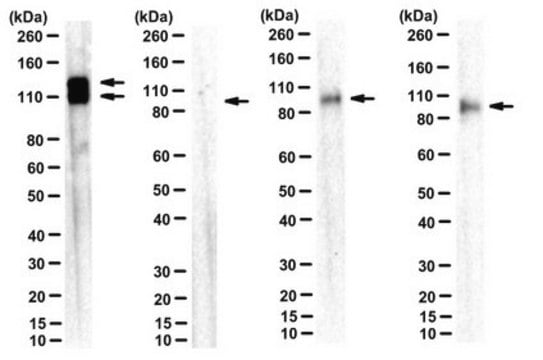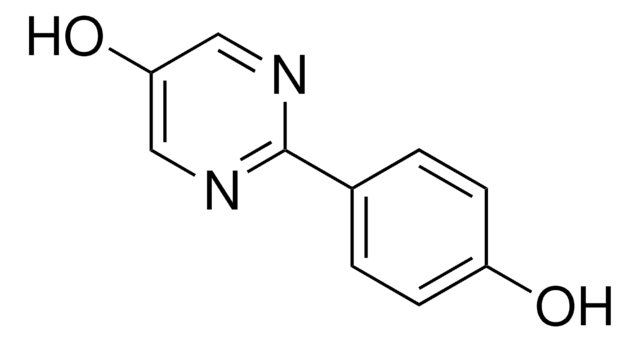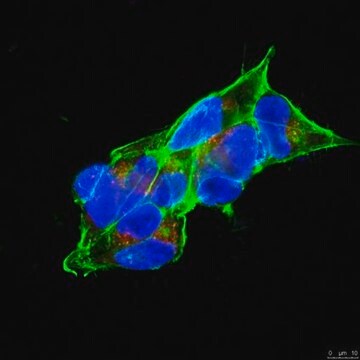Általános leírás
Amyloid beta A4 protein (UniProt: P05067; also known as ABPP, APPI. APP, APP, Alzheimer disease amyloid protein, Amyloid precursor protein, Beta-amyloid precursor protein, Cerebral vascular amyloid peptide, CVAP, PreA4, Protease nexin-II, PN-II) is encoded by the APP (also known as A4, AD1) gene (Gene ID: 351) in human. Deposition of Amyloid beta (Ab) is an early event in the pathogenesis of Alzheimer s disease (AD). Ab peptides originate from the proteolytic cleavage of the amyloid precursor protein (APP). APPs are cell surface protein that are internalized via clathrin-coated pits. During maturation, the immature APP (N-glycosylated in the endoplasmic reticulum) moves to the Golgi complex where complete maturation occurs (O-glycosylated and sulfated). After alpha-secretase cleavage, soluble APP is released into the extracellular space and the C-terminal is internalized to endosomes and lysosomes. The beta-secretase cleaves APP between residues Met671 and Asp672 and yields sAPP beta and C99. Following the beta-secretase cleavage, a second cleavage occurs at the C-terminus of Ab peptide that releases Ab from C99. This cleavage occurs in the vicinity of residue 712 of the C-terminus. The gamma-secretase can cleave the C-terminal region at either Val711 or Ile713 to produce the shorter Ab peptide (Ab1-40) or the longer Ab peptide (Ab1-42). Ab1-42 occurs more frequently and forms fibrillar aggregates far more readily than the Ab1-40 peptide. Beta-amyloid peptides are lipophilic metal chelators with metal-reducing activity. Bind transient metals such as copper, zinc and iron. In vitro, can reduce Cu2+ and Fe3+ to Cu+ and Fe2+, respectively. Abeta42 is a more effective reductant than beta-amyloid 40. From a physiological point of view, it functions on the surface of neurons relevant to neurite growth, neuronal adhesion and axonogenesis. It is also involved in cell mobility and transcription regulation through protein-protein interactions and can promote transcription activation through binding to APBB1-KAT5.
Egyediség
Clone 2D8 deects Amyloid beta A4 protein in human and murine neuroblastoma cells. It targets an epitope within 16 amino acids fromt the C-terminal region.
Immunogen
KLH-conjugated linear peptide corresponding to 16 amino acids from the C-terminal region of human Amyloid beta A4 protein.
Alkalmazás
Anti-Amyloid Beta A4 protein, clone 2D8 Antibody, Cat. No. MABN2273, is a highly specific rat monoclonal antibody that targets Amyloid beta A4 protein and has been tested in Immunoprecipitation and Western Blotting.
Research Category
Neuroscience
Western Blotting Analysis: 0.5 ug/mL from a representative lot detected Amyloid Beta A4 protein in 10 µg of N2aA transfected, N2a murine neuroblastoma, and N2aAB treated cell lysate.
Immunoprecipitation Analysis: A representative lot detected Amyloid Beta A4 protein in Immunoprecipitation applications (Willem, M., et. al. (2015). Nature. 526(7573):443-7).
Western Blotting Analysis: A representative lot detected Amyloid Beta A4 protein in Western Blotting applications (Willem, M., et. al. (2015). Nature. 526(7573):443-7).
Minőség
Evaluated by Western Blotting in human Neuroblastoma (Ntera-2) lysate.
Western Blotting Analysis: 0.5 ug/mL of this antibody detected Amyloid Beta A4 protein in 10 µg of human Neuroblastoma (Ntera-2) cell lysate.
Cél megnevezése
~110 kDa observed; 86.94 kDa calculated. Uncharacterized bands may be observed in some lysate(s).
Fizikai forma
Format: Purified
Protein G purified
Purified rat monoclonal antibody IgG2b in buffer containing 0.1 M Tris-Glycine (pH 7.4), 150 mM NaCl with 0.05% sodium azide.
Tárolás és stabilitás
Stable for 1 year at 2-8°C from date of receipt.
Egyéb megjegyzések
Concentration: Please refer to lot specific datasheet.
Jogi nyilatkozat
Unless otherwise stated in our catalog or other company documentation accompanying the product(s), our products are intended for research use only and are not to be used for any other purpose, which includes but is not limited to, unauthorized commercial uses, in vitro diagnostic uses, ex vivo or in vivo therapeutic uses or any type of consumption or application to humans or animals.









